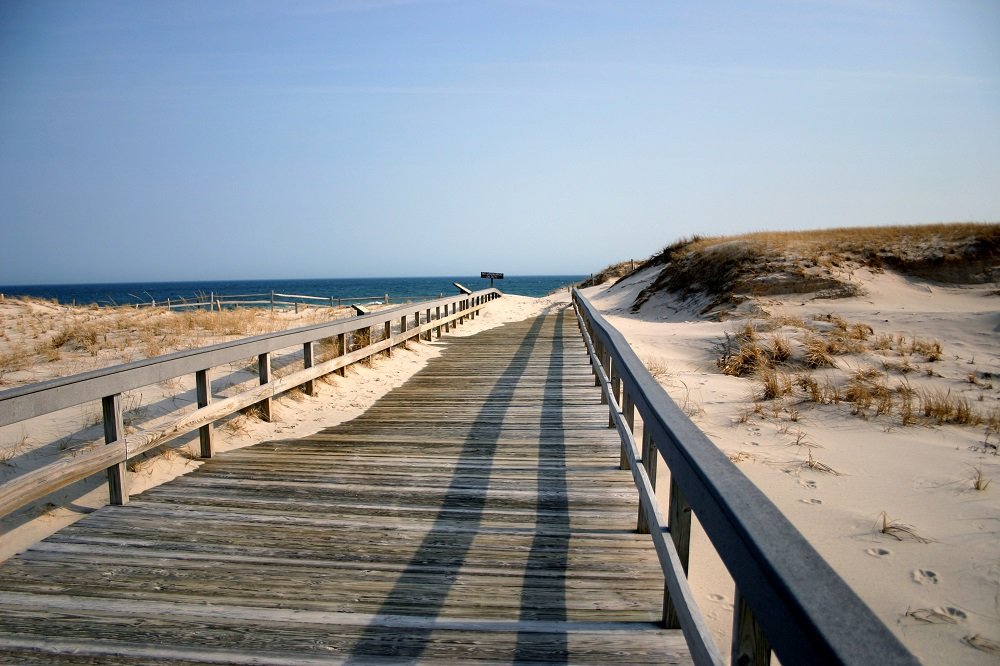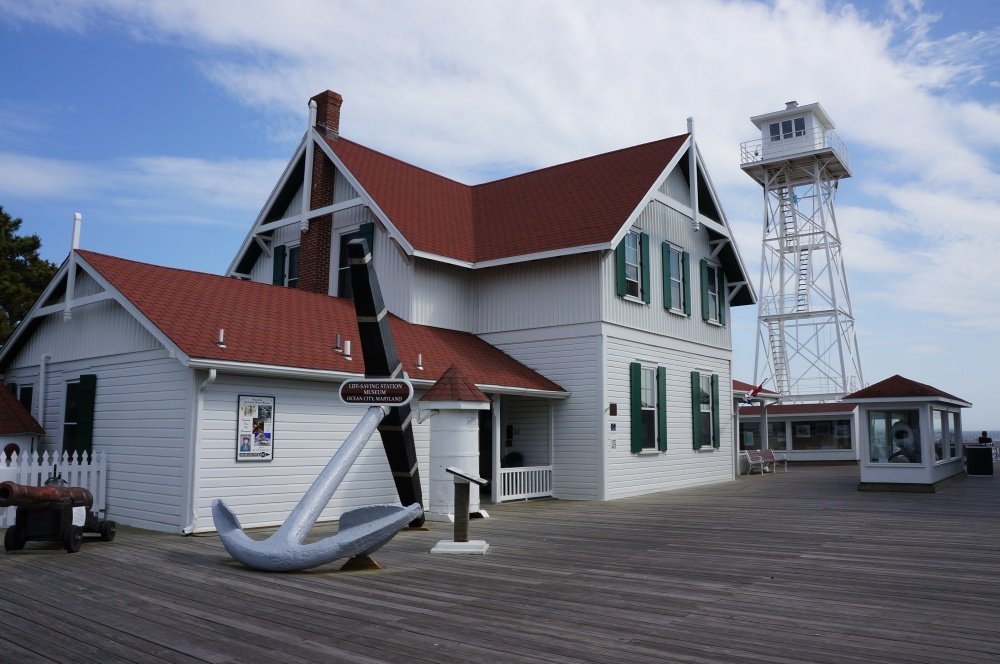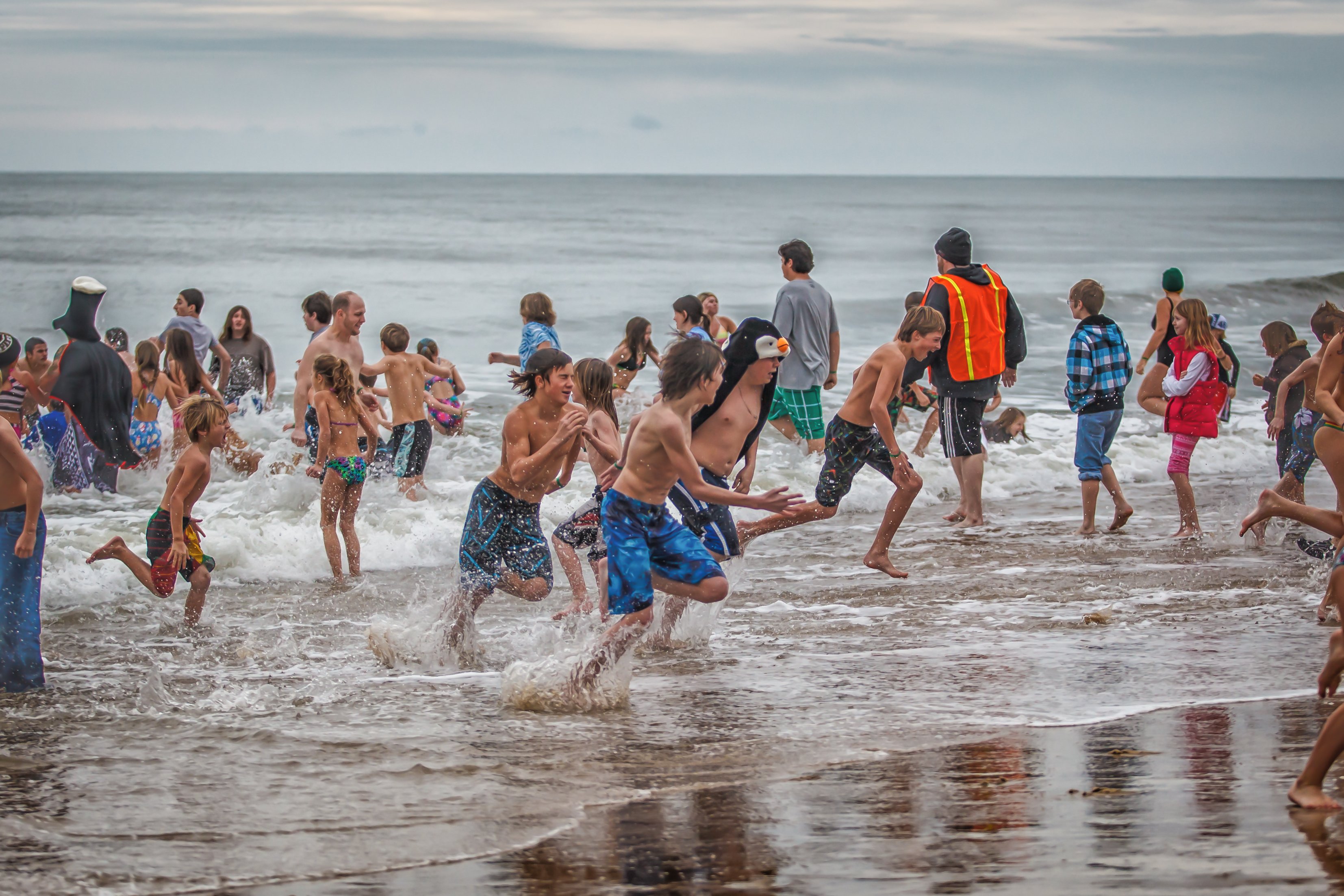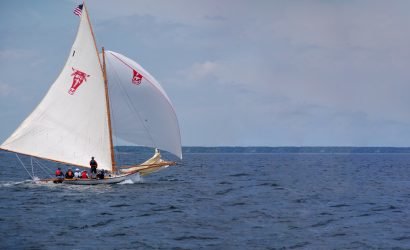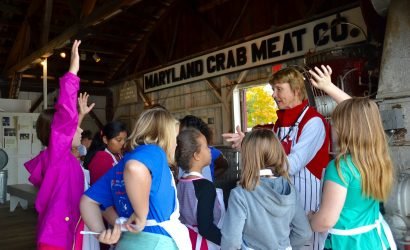The National Fish and Wildlife Foundation (NFWF) and the U.S. Environmental Protection Agency (EPA) today announced more than $12.6 million in grants to support the restoration and conservation of the Chesapeake Bay watershed in six states and the District of Columbia. The grants will generate more than $21.2 million in matching contributions for a total conservation impact of $33.8 million. The 15 projects in Maryland will leverage matching funds of $6,883,681 for a total of $10,587,765 to invest in stormwater best management practices and native oyster reefs.
The grants were awarded through the Chesapeake Bay Stewardship Fund (CBSF), a partnership between NFWF and the EPA’s Innovative Nutrient and Sediment Reduction Grants Program (INSR Program) and Small Watershed Grants Program (SWG Program). Additional support is provided by the U.S. Department of Agriculture’s Natural Resources Conservation Service, the U.S. Forest Service, the U.S. Fish and Wildlife Service, the Altria Group Restoring America’s Resources partnership and CSX.
Grant recipients were announced at the project site of a previous grant recipient – a recently completed community greenway and bioretention rain garden at the Miramar Landing Community in Middle River, Maryland.
“Through the Chesapeake Bay Stewardship Fund, the National Fish and Wildlife Foundation and our partners, especially the U.S. Environmental Protection Agency, continue to invest in locally-led efforts to protect and restore the more than 100,000 miles of local rivers and streams that feed the Bay,” said Jeff Trandahl, executive director and CEO, NFWF. “These investments demonstrate that the actions necessary to restore local rivers and streams go hand in hand with opportunities to enhance local communities like those here in Middle River.”
The projects supported by the 44 grants announced today will establish methods to improve waterways, restore habitat and strengthen iconic species in Delaware, Maryland, New York, Pennsylvania, Virginia, West Virginia, and the District of Columbia. The funds will engage farmers and agricultural producers, homeowners, churches and businesses in on-the-ground restoration that supports quality of life in their communities, improving local waterways and ultimately the health of the Bay.
The INSR Program awarded more than $7.3 million to 13 projects, with recipients providing more than $13.7 million in match. The program provides grants to innovative and cost-effective projects that dramatically reduce or eliminate the flow of nitrogen, phosphorus and sediment pollution into local waterways and the Chesapeake Bay.
The SWG Program awarded more than $5.3 million to 31 projects, with recipients providing nearly $7.5 million in match. The program provides grants to organizations and municipal governments that are working to improve the condition of their local watershed through on-the-ground restoration, habitat conservation and community involvement. Grant recipients expect to reduce pollution through infrastructures including greener landscapes and community outreach initiatives that promote native landscaping and improved practices for managing runoff.
“A healthy Bay means a healthy economy for Maryland and the entire Chesapeake Bay watershed region and this cannot be accomplished without a reliable federal partner,” said Senator Ben Cardin, a senior member of the Senate Environment and Public Works Committee. “Public-private partnerships like the ones announced today ensure that communities throughout the Chesapeake Bay watershed have access to clean waters, as well as healthy fish and wildlife. Such strategic investments generate new economic activity, create jobs and save taxpayer dollars. It’s why I was proud to shepherd through the Senate Environment and Public Works Committee reauthorization of the National Fish and Wildlife Foundation. All of us have a part to play in helping restore the Bay and the Chesapeake Bay Stewardship Fund makes it possible for local communities to get involved.”
Examples of this year’s Chesapeake Stewardship Fund grant recipients in Maryland:
- Civic Works, Inc. ($196,621) will install rain gardens that impact three acres of urban surfaces in community spaces, train Stormwater Stewards to maintain the spaces and provide ongoing training, stipends, support and resources to increase community engagement in Baltimore City stormwater management and increase water quality of local waters running to the Chesapeake Bay.
- Eastern Shore Land Conservancy ($80,778) will coordinate various organizations, agencies and community groups to develop collaborative, evidence-based solutions that enhance the health and productivity of native oyster reefs and provide a swimmable and fishable Choptank River. The project will expand upon the partnership’s ongoing best management practice implementation efforts by providing the nutrient and stormwater reductions equivalent to 50 rain barrels and five rain gardens.
- The Washington College Center for Environment and Society ($499,955) will install native warm season grass buffers for the benefit of bobwhite quail and restore wetlands to reduce non-point source nutrient and sediment runoff from agriculture land in the identified high priority zones of the upper and middle Eastern Shore of Maryland. The project will establish 285 acres of 100-foot minimum native grass buffers and 16 acres of wetlands.
A complete list of the Chesapeake Bay Stewardship Fund 2017 grant recipients is available here.
“Countless neighborhoods like Miramar Landing, businesses, agricultural operations and wildlife habitat areas come together in the Chesapeake Bay and its tributaries to form one of the most unique economic ecosystems in the world,” said Rep. Dutch Ruppersberger. “I am proud to support grant funding through the EPA and the National Fish and Wildlife Foundation for non-profit and other organizations to determine best practices in Chesapeake Bay environmental and water resource management.”
“By working together from the local to the federal level, everyone is encouraged to be a stakeholder in the protection of the one of our country’s most treasured and valuable resources, the Chesapeake Bay watershed,” he said.
“The Chesapeake Bay Stewardship Fund does tremendous work to advance Bay restoration and conservation efforts,” said Congressman John Sarbanes, co-chair of the Chesapeake Bay Watershed Caucus. “By making these kinds of critical investments in the Bay watershed, we can continue steadily improving Bay waterways, ecosystems and wildlife – which will help ensure that the Bay remains our region’s key economic driver and a national treasure for generations to come.”
“EPA is committed to supporting local communities in their efforts to use innovative, sustainable, community-based approaches for improving the health of their local rivers and streams throughout the entire Chesapeake Bay watershed,” said Cecil Rodrigues, EPA’s acting regional administrator. “These 44 projects are a smart investment in solid partnerships with states and local organizations that will return lasting benefits by improving stormwater infrastructure, and ensuring healthy waterways and safe drinking water.”
“Maryland appreciates the National Fish and Wildlife Foundation’s support for environmental progress through these Chesapeake Bay Stewardship Fund grant awards,” said Maryland Environment Secretary Ben Grumbles. “Now more than ever, we need innovation and collaboration to restore the Bay, with seed money for growing partnerships and sharing talents locally and regionally.”
Since 2006, the INSR Program has provided more than $65 million to 153 projects that reduce the amount of nitrogen, phosphorus and sediment in the Chesapeake Bay watershed. Since 1999, the SWG Program has provided more than $52 million to support 804 projects in the region and has further leveraged $143 million in local matching funds for a total conservation investment in on-the-ground restoration of nearly $200 million.
For more information about the Chesapeake Bay Stewardship Fund or to download the 2017 Chesapeake Bay Stewardship Fund Grant Slate, visit www.nfwf.org/chesapeake.

